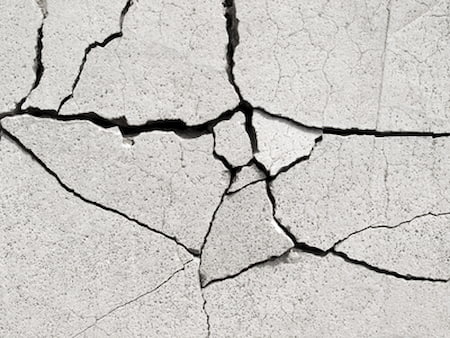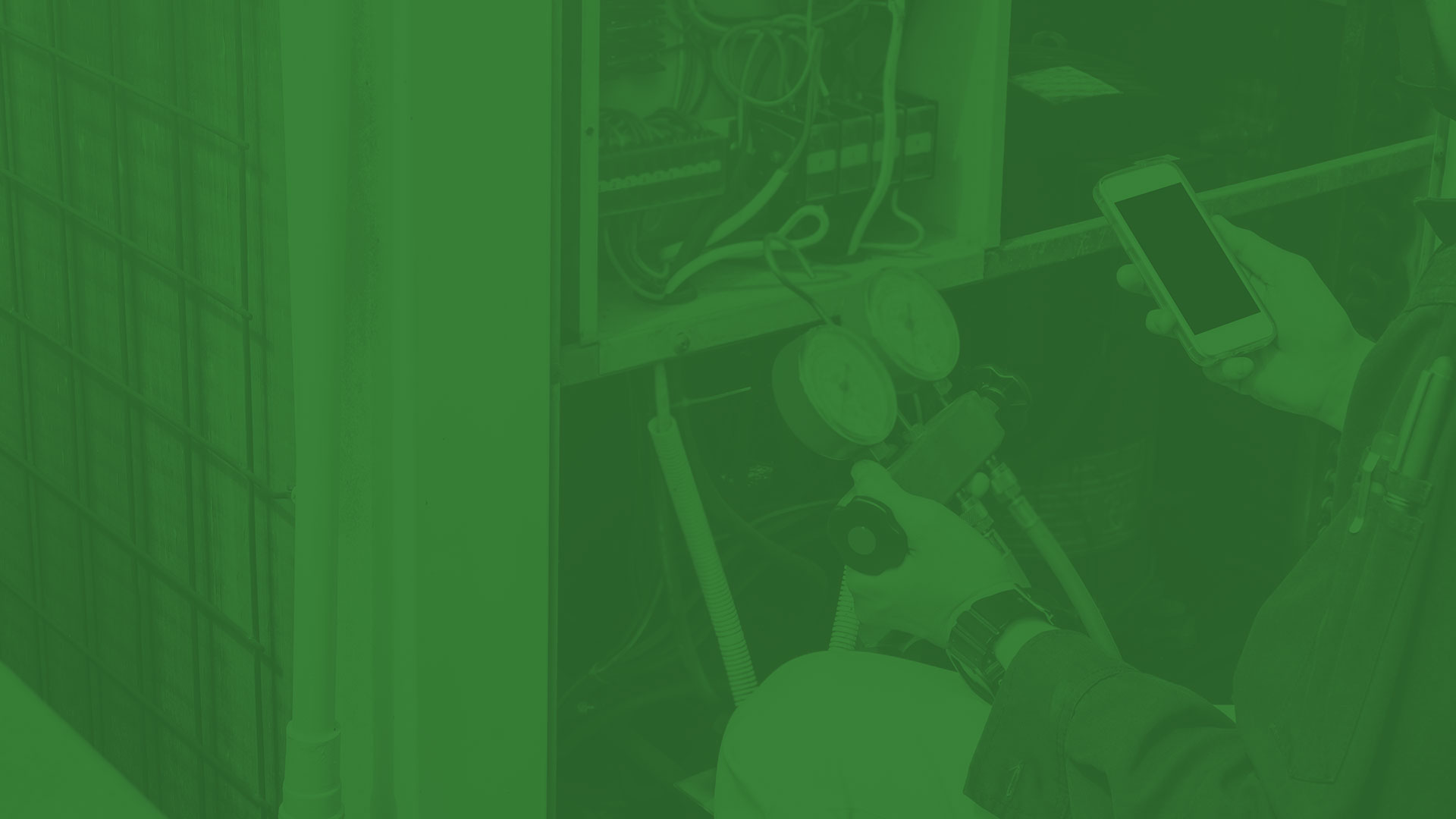Slab Leaks: What Every Homeowner Should Know

Slab leaks are among the most serious plumbing issues a homeowner can face. These leaks occur when water pipes beneath your home’s concrete foundation crack, break, or deteriorate. Left untreated, slab leaks can cause extensive damage, leading to costly repairs and even compromising your home’s structural integrity. Since these leaks often go unnoticed for extended periods, understanding how to detect and address slab leaks early can save you time, money, and stress.
What Causes Slab Leaks?
Slab leaks typically result from a combination of factors, including pipe corrosion, shifting soil, and water pressure issues. Over time, metal pipes, especially copper, can deteriorate due to chemical reactions with water and soil.
Additionally, soil movement beneath your foundation is a common cause of slab leaks. Soil can expand and contract depending on moisture levels, placing significant stress on the pipes buried beneath the concrete. Over time, this pressure can cause pipes to shift, crack, or even break entirely.
Warning Signs of a Slab Leak
Recognizing the warning signs early is key to minimizing damage. Keep an eye out for these indicators:
- Unexplained spikes in water bills
- Warm or cold spots on your floor
- Cracks in walls or floors
- Sound of running water when no taps are on
If you notice any of these signs, it’s important to contact a licensed plumber immediately for an inspection. Early detection can prevent extensive damage and save you from costly repairs down the line.
Repairing and Preventing Slab Leaks
Once a slab leak is detected, prompt repairs are crucial to prevent further damage to your home. An expert plumber will use specialized tools, such as acoustic listening devices and moisture detectors, to pinpoint the exact location of the leak without invasive digging. Depending on the severity, they may perform spot repairs, reroute plumbing lines, or recommend a full pipe replacement if the system is heavily corroded.
Preventative measures are also essential for avoiding future slab leaks. Regular plumbing inspections can help identify early signs of pipe wear or corrosion. Maintaining balanced water pressure in your home is another important step, as excessive pressure can put undue strain on your plumbing system. In areas with hard or corrosive water, installing a filtration or water softening system can also protect pipes from premature deterioration.
By investing in regular maintenance and promptly addressing any leaks, you can protect your home’s foundation and plumbing system from severe and costly damage.
Contact an Mathis Plumbing & Heating Co., Inc. at 864-229-7117 today for an inspection and peace of mind.
